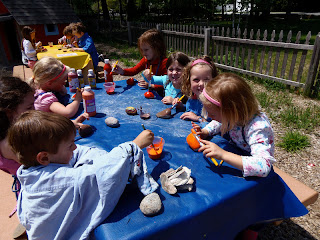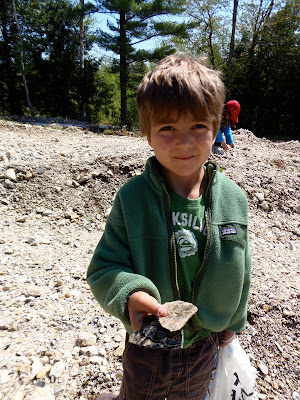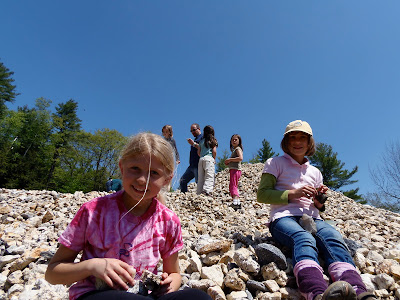Advanced Middle and High School
After School French Classes: DELF
Starting
in the fall of 2012-2013, L’Ecole Française du Maine will be offering Advanced
French Classes for our students who wish to keep up their French after
completing their immersion education at the School. We offer this
class primarily to meet our former school students’ needs, to keep challenging
them, and to help them reach a higher level of fluency in French. Many of these
students were enrolled in our French immersion program for many years or have
demonstrated interest in the French language and culture. We also welcome
outside students who have had a French experience at some point and who are
looking to improve their proficiency in the French language.
The goal
of the afterschool program is to provide an opportunity for our graduates and
other advanced French students to converse in French on a regular basis, and to
keep up with written skills in a fun and challenging atmosphere. Regular attendance will be required to participate and
benefit from the program. While there will be much to learn, there will be
limited out of classroom assignments. We understand that students will already be carrying full academic loads in their current middle and high schools.
DELF Exams
The DELF Exam (Diplôme d'Etudes
en Langue Française), designed by the CIEP (Centre International d'Etudes
Pédagogiques), is an official qualification awarded by the French Ministry of
Education certifying a level of fluency in French. Such certifications are
useful for school records, as well as college and job applications. Scores are
valid for life.
The entire program includes six different
units. Each unit leads to an exam and, if successfully passed, to a French
diploma. The last levels of the program can give access to French universities
without having to take another proficiency test before enrolling in a class.
Typically,
French majors in college seek the DELF at the university level, but thanks to
their immersion education, our students will be positioned to pass this exam
prior to attending university. This is an impressive accomplishment that could
exempt the students from foreign language requirements, or allow them to be
accepted into higher-level classes sooner than is typical. The institution
itself will make the determination, but the DELF will provide the students with
an official record of their advanced proficiency in French. Passing
the B2/ C1 level should waive language proficiency exam if attending a French
higher education institution.
Enrollment form: DELF
Please
complete and return to:
L’Ecole Française du Maine
PO Box 737
South Freeport, ME 04078
Student’s
Name: _________________________________________
Address:
________________________________________________
School:
_________________________________________________
Grade:
_________________________________________________
Classes will
run by 10-week sessions per Semester on Wednesday afternoons:
Middle /
High School level classes: DELF Junior A1/A2 Preparation from 4:00-5:30
Fees for
the course are: $ 375 per semester / session.
Semester 1:
September
12, 19, 26, October 3, 17, 24, November 7, 14, 28, December 5.
Tentative
Exam Date: December 12, 2012
Semester 2:
January
23, February 6, 27, March 13, 27, April 3, 24, May 1, 15, 29.
Tentative
Exam Date: June 5, 2013
No classes
will be held during the school vacation weeks or on holidays or snow days.
Test fees
are in addition to the class fees and are still to be determined.
Thank you
for enclosing a deposit of $100 to complete your registration.
The
balance will be due in full by the first class on September 12, 2012.



















































